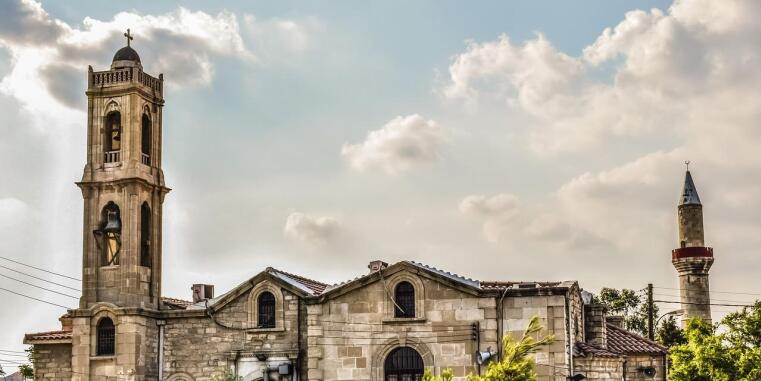

Religious Change in the Modern Period
The history of religion has always seen phases of rapid change alternating with phases of relative stability, with the modern period being regarded as an epoch of condensed and accelerated religious change. The individualization and pluralization of religion go hand in hand here with processes of secularization. The research work of the CRM aims on the one hand to examine changes in the organizational and social forms of religion in modern and modernizing societies, using for historical reasons Christianity as a focal point; and on the other to gauge changes in religious lifestyles, in the culture of piety, in religious practices and beliefs, and not least in religious meanings and how theology reflects upon these changes. Its aim is to reconstruct the forms in which these changes emerged, developed, and were dealt with, and their political-legal, economic, and socio-cultural contexts. One avenue of research, for example, is to explore how religious-cultural pluralization itself affects religious ties, the aim being to identify general correlations, typical patterns, and determinants behind the diversity of phenomena and developments. As a result, the aim is not only to describe religious change, but also to understand it fundamentally in its dynamics, and at least to some extent also to explain it.
Systems of religious plurality
The coexistence of different religious and non-religious traditions poses urgent challenges to modern societies and their political order, but also to the religions themselves. On the one hand, these challenges arise when exclusive or superior religious claims to truth are formulated and attempts are made to enforce them. However, clashes of interests also arise when a non-religious perspective regards religious beliefs as fundamentally ‘irrational’ or ‘incapable of yielding truth’, or religious models of living as being fundamentally incompatible with the minimum norms of civil coexistence in modern societies. Religious diversity can also have an unsettling effect and destabilize constructions of religious identity. The modern ‘Western’ constitutional state with its principles of religious freedom, civil equality, and state neutrality can be seen as a successful response to the challenges of religious plurality, but accelerated religious and cultural pluralization are currently posing this arrangement with new challenges, and not only in Western Europe. Given this background, the CRM aims in its research to identify patterns of arrangement that might allow or promote peaceful political and social coexistence even under the changed conditions of increased religious plurality.

